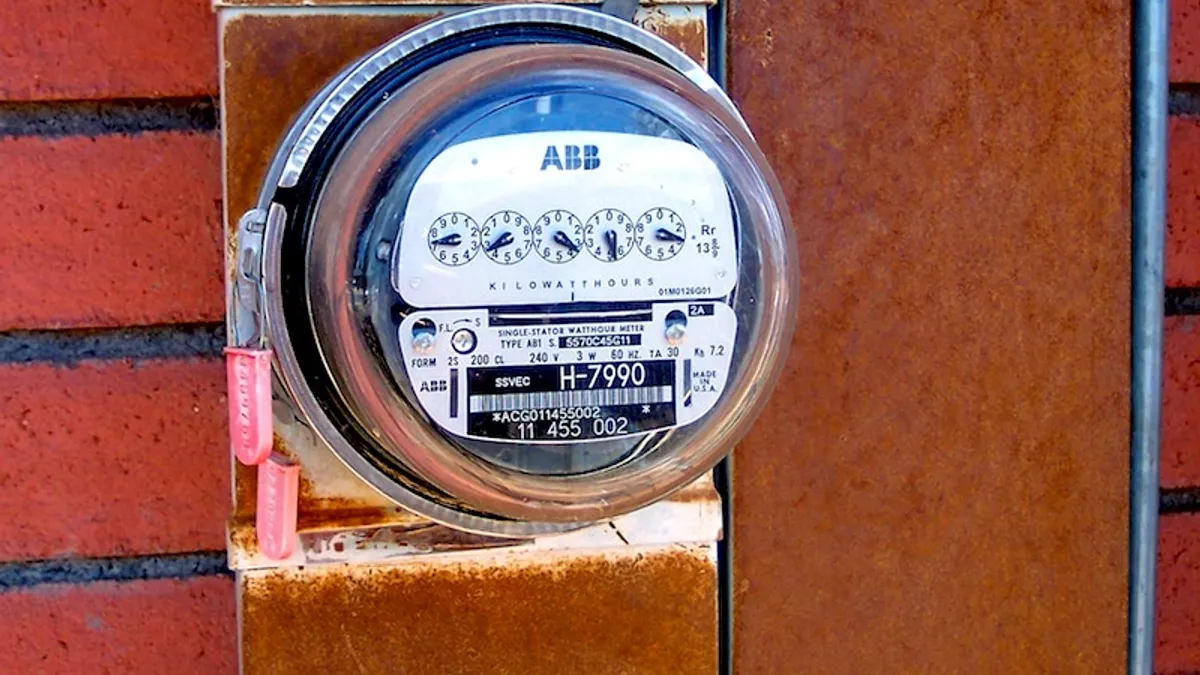Dive Brief:
- Public Service Electric and Gas (PSEG) officials told investors during Tuesday's 2018 Q3 earnings call they are confident an application to install advanced metering infrastructure (AMI) across its territory is aligned with New Jersey's clean energy goals, and could be approved, despite a previous moratorium on smart meter development.
- Last year, the Board of Public Utilities (BPU) called for a halt on AMI projects while a small pilot project was executed by Rockland Electric and the results were analyzed. But over the summer, the BPU accepted a report on storm outage mitigation that recommended utilities file a cost-benefit analysis of AMI implementation.
- Asked about the company's AMI proposal unveiled in September, PSEG President, CEO and Chairman Ralph Izzo told reporters and analysts, "We definitely do not think it’s premature," citing the utility of AMI in helping the state reach its goals.
Dive Insight:
There is currently a moratorium on smart meter rollouts at the BPU, but that didn't stop PSEG from proposing an $800 million plan to replace all 2.2 million meters in its territory with smart meters by 2024. So it is understandable that analysts want to know whether that proposal has a chance of coming to fruition any time soon.
PSEG reported a quarterly net income of $412 million, compared with $395 million in Q3 last year. Company officials were asked about the AMI program during the call.
"The value of information that one can extract from advanced metering infrastructure to help customers ... reduce their energy consumption is, I think, an important consideration for policy makers," Izzo said. According to the utility, the program will produce $1.7 billion in customer savings and operational benefits over 20 years.
Earlier this year, New Jersey Gov. Phil Murphy, D, signed legislation raising the state's renewable portfolio standard to 50% by 2030, along with setting energy storage targets and updating its efficiency policy. Smart meters will be needed to meet those goals, utilities say.
PSEG's Clean Energy Future proposal included four tranches of investment, of which AMI was one. Izzo told analysts that it was possible for other pieces of the plan to be approved without the new meters.
The BPU's request to utilities for a cost-benefit analysis of AMI resulted from an investigative report following March 2018 storms that left hundreds of thousands of New Jersey residents without power. The report recommended asking electric distribution company (EDCs) like PSE&G, Atlantic City Electric and Jersey Central Power & Light, to submit a feasibility study for AMI implementation, "including a detailed cost-benefit analysis, for the purposes of reducing customer outages and improving EDC’s capabilities to effect timely system restoration following major weather events."















